Honored Journalist Howell Raines
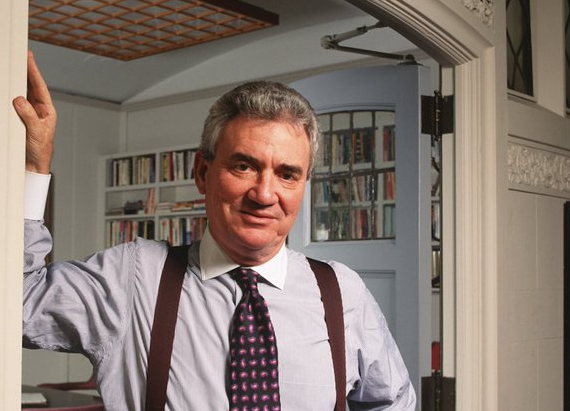
Pulitzer Prize winner Howell Raines ’64 will be honored as an Alabama Humanities Fellow on Monday, Oct. 7, at the organization’s colloquium in Birmingham. Alabama Humanities chooses honorees who have made influential contributions to the humanities in their lives and careers.
As an award-winning journalist, Raines worked for The New York Times in Atlanta, Washington, D.C., and London. He eventually served as the newspaper’s editorial page editor in 1993 before becoming the executive editor in New York from 2001 to 2003.
Raines won the Pulitzer Prize in 1992 for “Grady’s Gift,” a story published in The New York Times Magazine about his family’s black housekeeper as well as his own childhood in Alabama.
In his reporting career, Raines developed a concentration on the Civil Rights Movement, an interest that began when he was a BSC student and a young reporter in Birmingham in the early 1960s. He remembers the many discussions about civil rights he had that started in BSC residence halls.
“At BSC, I became awakened to political life in Alabama,” he says. “It was a time when many politicians were celebrated, and BSC gave students the chance to see how these politicians were not doing good for the state.”
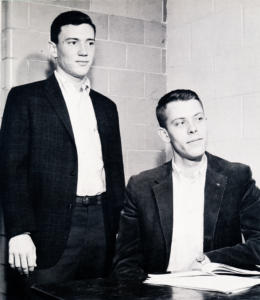 Raines was a student during the 1963 Sixteenth Street Baptist Church bombing and other monumental conflicts in Birmingham, and he and hundreds of other students wrestled with their hopes and fears for the nation. As the copy editor of 1964’s Southern Accent yearbook, Raines wrote the opening letter, an honest reflection of events during the school year and recognition of the madness around them.
Raines was a student during the 1963 Sixteenth Street Baptist Church bombing and other monumental conflicts in Birmingham, and he and hundreds of other students wrestled with their hopes and fears for the nation. As the copy editor of 1964’s Southern Accent yearbook, Raines wrote the opening letter, an honest reflection of events during the school year and recognition of the madness around them.
“Without making a value judgment for you, we want you to remember exactly how it was in this city in May, 1963,” he wrote. “Remember, long after you’ve forgotten your spring quarter grade point average or S.G.A. elections or who you dated that spring that 10 blocks from you, America changed.”
After graduating from BSC, deeply affected by the events of his senior year, Raines picked up pieces of information regarding the 1963 bombing here and there and knew he needed to find out the whole story.
He covered the 1977 trial and conviction of Robert E. Chambliss, a former member of the Ku Klux Klan and bombing conspirator, the trial that opened up the possibility to interview family members and police officials and find others involved. Raines continued to investigate until 1983 when he wrote and published “The Birmingham Bombing” in The New York Times Magazine, the most complete record of the investigation and the first time the bombers’ names were in print.
During his career, Raines has published four books: “Whiskey Man,” a novel roughly based on his depression-era family members, “My Soul Is Rested,” a history of the Civil Rights Movement, and “Fly Fishing Through the Midlife Crisis” and “The One That Got Away,” two memoirs in which Raines uses fly fishing as a way to explore and understand his personal experiences.
Raines hopes that students at BSC continue to engage with one another, wrapping their minds around big issues the way his class did. He also hopes to one day see a BSC major dedicated to Civil Rights Movement history. He sees the Distinction in Black Studies program now available to students as a step in the right direction.
“Open discussion and the trading of ideas were encouraged among the student body. The lively intellectual environment helped solidify the opinion of progressive students that change was coming,” Raines says.

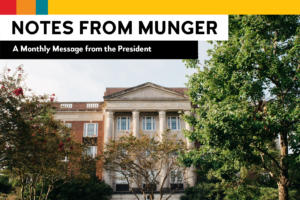

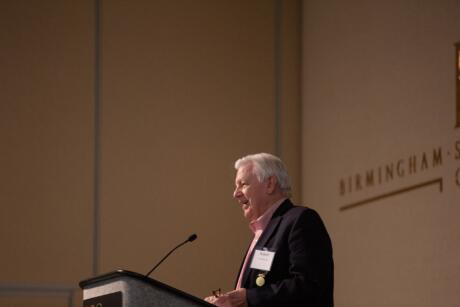
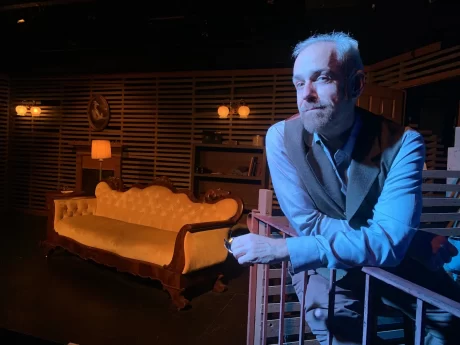
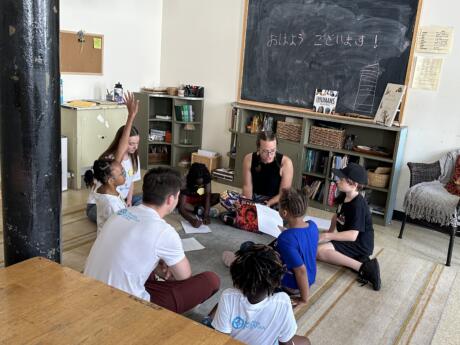





// Comments are closed //